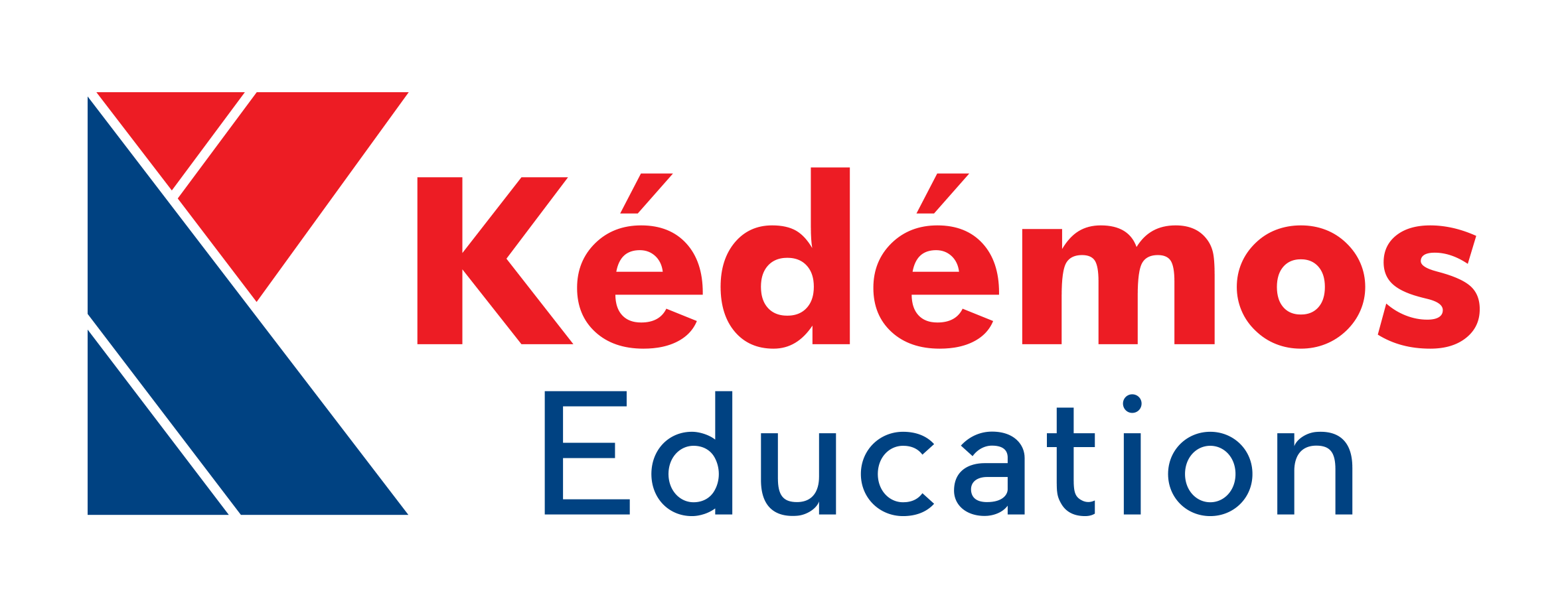CSR is not just a buzzword. CSR stands for Corporate Social Responsibility, and refers to the companies’ practices that help them minimize their negative influence on both the environment and society. These ethical practices can therefore have a significant positive impact on the world. With growing concerns over climate change and societal inequality, CSR has gained prominence as a means to reconcile profit-driven objectives with a broader commitment to social and environmental well-being.
In an era where businesses are increasingly expected to be socially responsible, publishing houses might struggle to keep up. However, at Kedemos Education, we have made it a priority to cultivate CSR awareness and practices. We are hence deploying our efforts to promote positive change by adjusting our practices. This article explores the significance of CSR practices within our company’s operations, and highlights some examples in this regard.
Deep-dive into CSR
Corporate Social Responsibility (CSR) refers to a company’s commitment to manage its impact on society and the environment. It involves going beyond profit-making and takes into account the interests of various stakeholders. This includes employees, customers, the community at large, and the environment. In the Kedemos Education context, our CSR practices encompass ecological and societal initiatives and measures inside and outside our offices. For example, we adopted sustainable printing and community engagement, ensuring our activities are aligned with our CSR’s long-term objectives.
Green Initiatives in the Kedemos Education Offices
Sustainable Printing and Recycling
Needless to say, publishing houses are high in paper consumption: every printed book takes away from our planet’s forests. This is why, at Kedemos Education, we have chosen paper suppliers that follow sustainable practices. In fact, for each tree that they harvest, they plant multiple trees to replace it, thus preserving our fauna. Moreover, as highlighted later in this article, our digital books further reduce our paper consumption. These steps significantly minimize the carbon footprint of our publishing process.
In this spirit, we have also installed recycling bins in our offices for paper, cardboard, plastic, and tin cans. We then donate all our recyclables to L’Écoute, an organization that sells them to recycling plants and uses the gains to develop educational and professional programs for the deaf and disabled. In turn, these programs help them better integrate society.
Reduced paper usage
In the Kedemos Education offices, we avoid printing as much as possible. If printing is necessary, we print double-sided to curb paper consumption. When double-printing complicates our work, we use the backside of paper as scrap before disposing of it in the recycling bins. Furthermore, with the ongoing technological developments, digital work tools have extensively replaced paper work tools in our offices. Consequently, our paper usage has considerably decreased.
Solar Energy
Solar energy is a clean and renewable energy source that does not produce harmful greenhouse gas emissions. By using solar power, we are decreasing our carbon footprint and mitigating the impacts of global warming. In our offices, we use solar energy for water heating. This reduces our dependence on finite fossil fuels like coal, oil, and natural gas. It also enhances energy security.
Green Initiatives for Our Clients
Perhaps the biggest CSR practice Kedemos Education has implemented for our clients, is the development of an online and offline platform. The latter provides access to the digital version of our books, significantly reducing paper consumption. The pedagogical kits that usually accompany our books are also available in their digital format. This further helps curb the use of paper and cardboard. Additionally, we have developed another platform that encompasses our exclusive audio content. From audiobooks to songs, rhymes, phonics, and more, this platform, with the simple scan of a QR code, replaces CDs. In that same spirit of sustainability, we have also replaced our plastic delivery bags with eco-friendly paper delivery bags. Less plastic, indeed!
Community Engagement
As part of our commitment to CSR, we continuously seek to support local communities. As we all know, the gender and pay gap is a worldwide issue that is more prominent in the Middle East. At Kedemos Education, we have made a commitment to close that inequality gap. Indeed, 50% of our workforce is women, and their remuneration is on par with our male employees.
Also, as mentioned earlier, one of our biggest partners is L’Écoute, the NGO that sells our recyclables to plants. Such initiatives are essential and encourage employees and collaborators to participate in community service activities. At Kedemos Education, we provide discounts and donate books to underprivileged schools, libraries and communities. Besides, we are currently working on expanding our network to involve and engage more local parties. We are also planning internal activities to foster our team’s community spirit.
Continuous improvement of CSR awareness and practices with Kedemos Education
Bearing in mind the importance of integrating sustainable and ethical practices into our daily operations, we regularly review and update our CSR strategy. Our main goal is to adapt it to changing social and environmental needs, setting new targets for improvement. We also seek to actively integrate CSR practices into our operations and to raise awareness on all our platforms. We hence contribute to a more responsible and sustainable publishing industry, while also positively impacting the society we operate in.
Conclusion
In today’s socially conscious world, Corporate Social Responsibility (CSR) is not just a choice, but a necessity. To that end, publishing houses face significant obstacles, but also play a unique role in shaping cultural and intellectual landscapes. At Kedemos Education, we embrace ethical practices, sustainable printing methods, and community engagement. This paves the way for positive social and environmental change. As we continue to raise awareness and to practice CSR, we hope to shift the preconceived notions that the publishing industry is bad for the environment. We also hope to contribute to a more inclusive, informed, and sustainable future for all.








